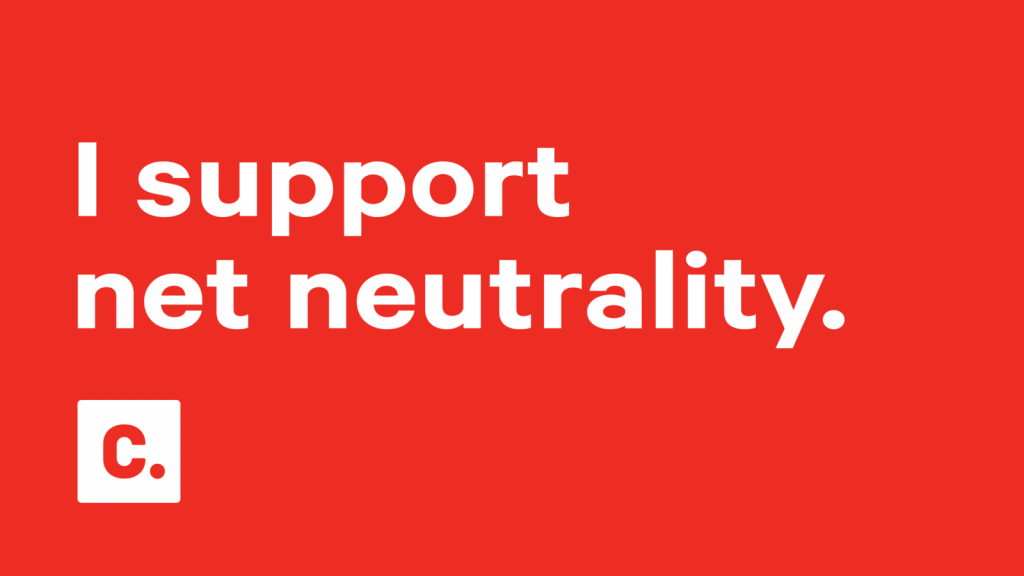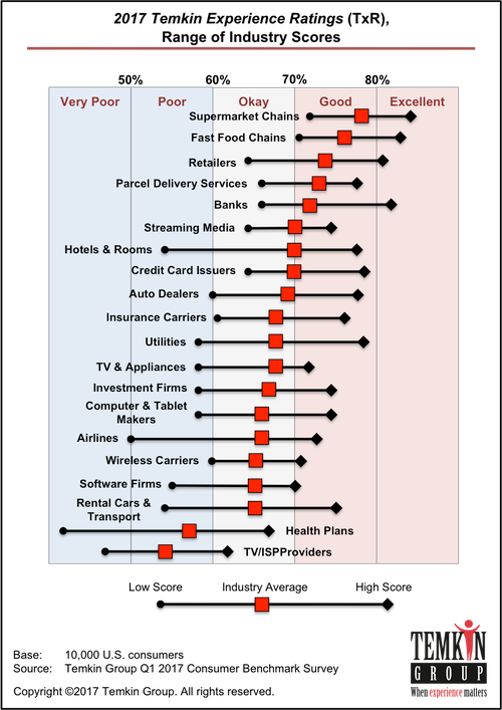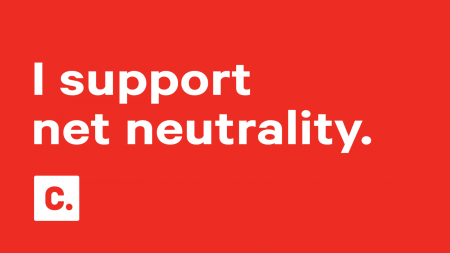Today’s FCC’s repeal of the net neutrality rules for internet service providers will have an impact on healthcare — in particular, the channeling of telehealth services.
“The Federal Communication Commission overturned a two-year-old set of rules passed during the Obama administration to protect consumers against bad behavior from their Internet service providers, overriding protests from consumer groups and Internet companies,” USA Today wrote just after the ruling.
 The concern from advocates to keep net neutrality is that the large ISPs — AT&T, Comcast, and Verizon, among them — could be so-called “bad actors” in favoring fast-lane communications for certain content versus other information that consumers, under net neutrality, could access equally. Ultimately, “could ISPs become content-controllers, or charge additional ‘tolls?” those who wish to preserve net neutrality have asked.
The concern from advocates to keep net neutrality is that the large ISPs — AT&T, Comcast, and Verizon, among them — could be so-called “bad actors” in favoring fast-lane communications for certain content versus other information that consumers, under net neutrality, could access equally. Ultimately, “could ISPs become content-controllers, or charge additional ‘tolls?” those who wish to preserve net neutrality have asked.
The adoption of telehealth, telemedicine, and any healthcare services delivered to consumers via the Internet could face barriers or slow due to the impact of net neutrality, according to several opinions published in the healthcare trade press and academic journals.
“Telecommunication policies may have unintended healthcare consequences,” the Health Affairs blog explained. High-speeds are crucial for connecting healthcare providers to patients for remote health monitoring, and overall connectivity is still needed in rural America.”
To that point, Mei Kwong, policy adviser for the Center for Connected Health Policy, warned, “The last thing you want is for the interaction to suddenly freeze or the audio to go out or for the picture to be pixelated,” in Modern Healthcare today.
Children’s health may be negatively impacted. The American Academy of Pediatrics wrote, “The general public, including parents and caregivers of children, use web-based platforms to access children’s medical records, make appointments and find health information. Having slower access to these tools could potentially result in delays in care and seeking information, and place an undue burden on ready access to quality healthcare and health information,” AAP wrote in testimony to the FCC back in 2014.
Health Populi’s Hot Points: Broadband access is a social determinant of health, I have argued for some time, such as here in the Huffington Post in July 2016.
 Interestingly enough, consumers ‘get’ that ISPs haven’t delivered on customer service, we know from Temkin’s consumer experience survey, shown in the second chart. Note that peoples’ ratings of user experience with Internet service are lowest, ranked with health insurance plans.
Interestingly enough, consumers ‘get’ that ISPs haven’t delivered on customer service, we know from Temkin’s consumer experience survey, shown in the second chart. Note that peoples’ ratings of user experience with Internet service are lowest, ranked with health insurance plans.
In 2018, Internet connectivity should be seen as a basic human right and necessity for health and wellness, such as clean water, clean air, healthy food, and access to basic healthcare services. As America continues to debate the shape of healthcare reform, net neutrality diminishes an important building block to public and individual health for Americans, telehealth and virtual health services. These new modes of healthcare delivery can help the nation lower costs, expand access, and enhance patients’ and healthcare providers’ experience.





 Interviewed live on BNN Bloomberg (Canada) on the market for GLP-1 drugs for weight loss and their impact on both the health care system and consumer goods and services -- notably, food, nutrition, retail health, gyms, and other sectors.
Interviewed live on BNN Bloomberg (Canada) on the market for GLP-1 drugs for weight loss and their impact on both the health care system and consumer goods and services -- notably, food, nutrition, retail health, gyms, and other sectors. Thank you, Feedspot, for
Thank you, Feedspot, for  As you may know, I have been splitting work- and living-time between the U.S. and the E.U., most recently living in and working from Brussels. In the month of September 2024, I'll be splitting time between London and other parts of the U.K., and Italy where I'll be working with clients on consumer health, self-care and home care focused on food-as-medicine, digital health, business and scenario planning for the future...
As you may know, I have been splitting work- and living-time between the U.S. and the E.U., most recently living in and working from Brussels. In the month of September 2024, I'll be splitting time between London and other parts of the U.K., and Italy where I'll be working with clients on consumer health, self-care and home care focused on food-as-medicine, digital health, business and scenario planning for the future...